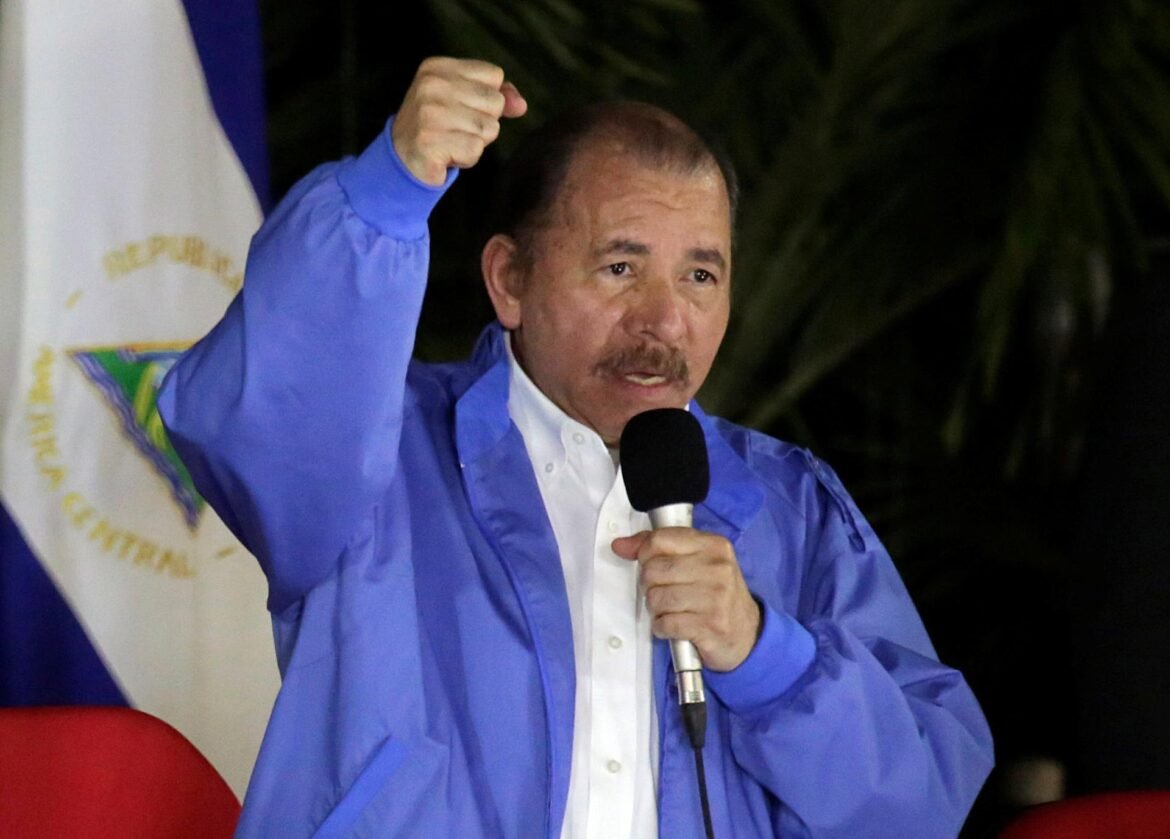Ortega and Murillo Gain More Control with New Reforms
Nicaragua’s parliament, controlled by the ruling Sandinista Front, approved a constitutional reform on Friday granting increased powers to President Daniel Ortega, Vice President Rosario Murillo—his wife—and the country’s security forces. Critics warn the changes solidify the duo’s hold on the Central American nation’s political system.
Key Changes in the Constitutional Reform
The reforms introduce several significant changes to Nicaragua’s governance structure:
- Extended Presidential Term: The presidential term will now last six years instead of five.
- “Co-Presidents” Role: The roles of president and vice president are redefined as “co-presidents,” officially elevating Murillo to equal standing with Ortega.
- Media Oversight: The state gains enhanced control over media outlets to ensure they are not influenced by foreign entities or spreading misinformation.
- Concentration of Power: The co-presidents will oversee the legislature, judiciary, electoral bodies, and autonomous institutions.
The reforms require a second vote, scheduled for January 10, 2024, to become law, as mandated by Nicaraguan constitutional rules.
Critics Decry Legalization of Authoritarianism
Opponents argue the reforms formalize Ortega and Murillo’s already entrenched dominance over Nicaragua’s institutions. Dora Maria Tellez, a former Sandinista guerrilla now exiled in the United States, called the changes a “blueprint for succession.”
“The co-presidency ensures Murillo’s absolute power, setting the stage for their children to enter the line of succession,” Tellez said.
The United Nations High Commissioner for Human Rights, Volker Türk, also condemned the changes, stating they erode the rule of law and fundamental freedoms. “If these reforms are enacted, they will mark the end of checks and balances in Nicaragua,” Türk warned.
International Concerns Over Nicaragua’s Direction
The Organization of American States (OAS) criticized the reforms, accusing Ortega and Murillo of consolidating absolute control over the state to maintain power indefinitely.
Since Ortega returned to power in 2007, he has cracked down on dissent, including the imprisonment and eventual expulsion of over 200 political opponents last year. The reforms are seen as an extension of these authoritarian policies, reinforcing his regime under the guise of legal processes.
Next Steps in the Legislative Process
The reforms, presented as urgent by Ortega earlier this week, passed unanimously in the Sandinista-dominated legislature. The January 2024 vote is expected to finalize their implementation.
Conclusion
If approved, Nicaragua’s constitutional reforms will deepen the concentration of power within the Ortega-Murillo leadership, raising concerns about democracy, freedom, and governance in the country. These changes highlight the growing challenges to political freedoms across the region.
Stay connected to know more on arcnews.online for global news like Nicaragua Approves Sweeping Constitutional Reform Expanding Presidential Power. For videos updates visit our YouTube. Do subscribe to Arcnews to get latest updates directly in your mail box.
Have A Great Day.


